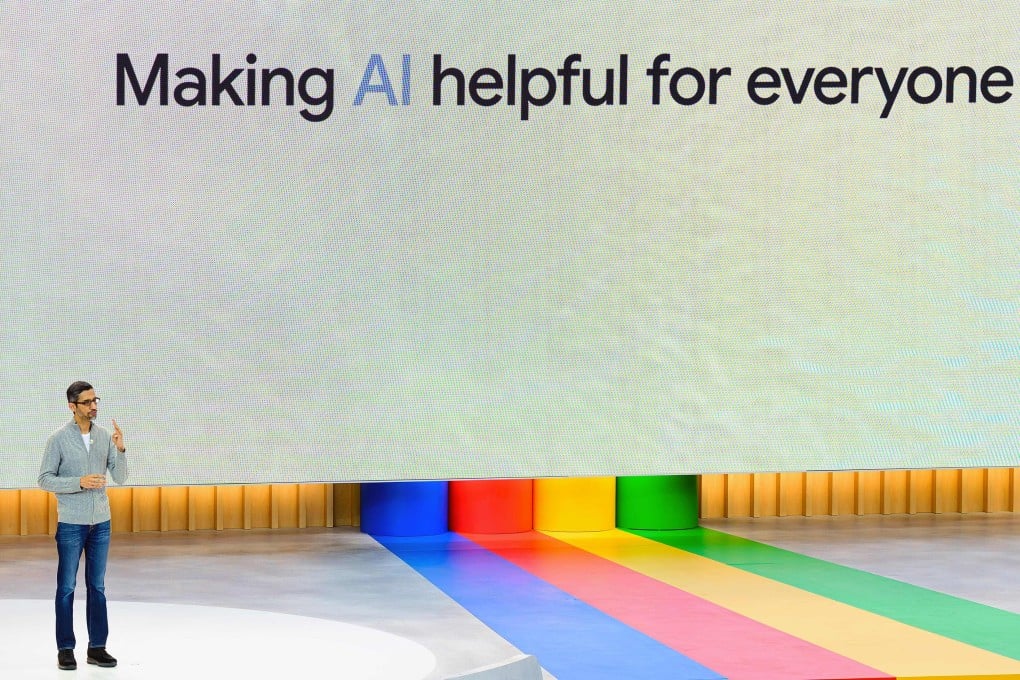Advertisement
Macroscope | Rather than fear a godlike AI, let’s put the tech we invented to good use
- ‘Godfather of AI’ Geoffrey Hinton has raised the heat on the AI debate amid fears of the emergence of a godlike entity
- But the benefits of AI far outweigh the potential risks – as long as we develop protocols and rules to ensure its ethical use
Reading Time:3 minutes
Why you can trust SCMP
1

In the past six months or so, ChatGPT, the chatbot driven by artificial intelligence (AI), has taken the world by storm, so much so that there are calls to restrict its use.
From undergraduates to professionals, many around the world have boasted of how helpful this superintelligent AI chatbot has been, from resolving complex mathematical problems to producing a decent proposal or school essay in under a minute in response to a question or series of statements or inquiries. No wonder it has become so popular.
But is the hype around this generative AI-based chatbot short-lived, as with the metaverse, which has faded into the background after a meteoric rise? Or is the development here to stay, threatening to deliver the final verdict on the victory of AI over mankind?
Advertisement
And if a respected expert sounds the alarm over the risks of AI, should we not take heed?
Earlier this month, Geoffrey Hinton, dubbed the “godfather of AI” for his pioneering work from the 1970s as a graduate student at the University of Edinburgh, announced his resignation from Google in The New York Times. In the statement, he also warned about the immense risks of AI.
Advertisement
Hinton’s move concentrated global attention on the risks and development of AI, into which major tech companies have been pouring tremendous amounts of money – to speed up development and make the tech even smarter and more versatile.
Advertisement
Select Voice
Choose your listening speed
Get through articles 2x faster
1.25x
250 WPM
Slow
Average
Fast
1.25x
